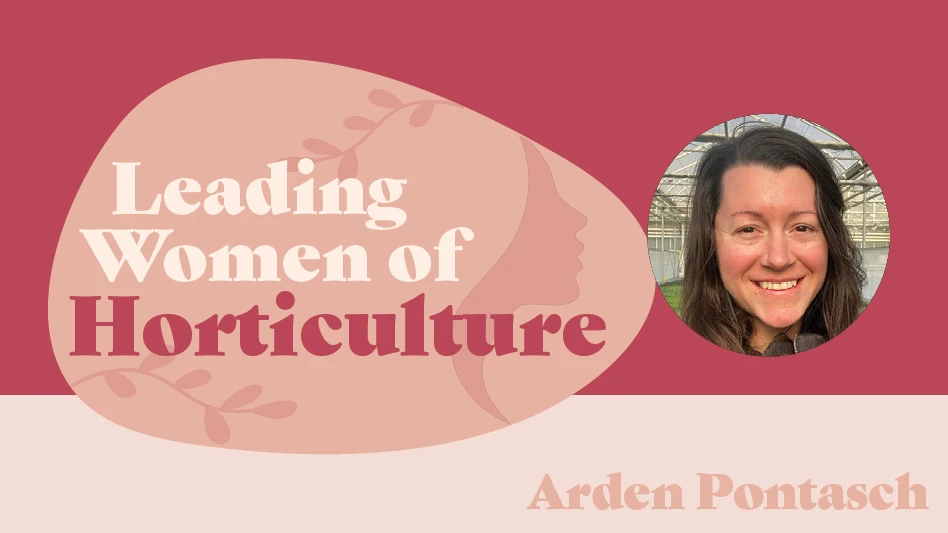
Logo courtesy of HRI
In response to the recent discovery of Phytophthora austrocedri, nearly $250,000 in federal funds has been shifted to address the urgent research needs of the horticultural community, the Horticultural Research Institute (HRI) announced.
The funds, provided through USDA Agricultural Research Service’s (ARS) Floriculture and Nursery Research Initiative (FNRI), will be used to study and manage this emerging threat to the horticulture industry.
The research represents a concerted effort to safeguard valuable plant species at risk from this destructive pathogen, particularly those in the Cupressaceae family, which includes economically and ecologically important plants like cypress, arborvitae, juniper and cedar.
Phytophthora austrocedri is a water mold that causes severe disease in woody plants, primarily affecting the roots and collar area, which leads to the decline and death of the infected plants. The pathogen is part of the broader Phytophthora genus, a notorious group that includes species responsible for diseases such as sudden oak death and potato late blight.
First detected in Argentine Patagonia, where it was linked to widespread dieback of the native Austrocedrus chilensis trees, Phytophthora austrocedri has since emerged as a growing concern in other parts of the world, including the U.S., where it has been detected in two Oregon nurseries.
The pathogen’s ability to survive in soil and move with irrigation water makes it highly adaptable and difficult to control, posing a significant threat to horticultural operations, particularly nurseries and landscapes that rely on susceptible plant species.
HRI thanked USDA partners Tim Rinehart, Jerry Weiland and Nik Grunwald and Oregon State University partners Alan Peper and Mana Ohkura for working quickly to reprioritize FNRI research objectives toward this emerging issue.
Read the full report on the HRI website.
Latest from Nursery Management
- The Growth Industry Episode 3: Across the Pond with Neville Stein
- Trends: Proven Winners 2025 perennial survey shows strong demand
- Online registration opens for the 2025 Farwest Show
- Sustainabloom launches Wholesale Nickel Program to support floriculture sustainability
- Plant breeding as an art
- Society of American Florists accepting entries for 2025 Marketer of the Year Contest
- American Horticultural Society welcomes five new board members
- Get to know Christopher Brown Jr. of Lancaster Farms






